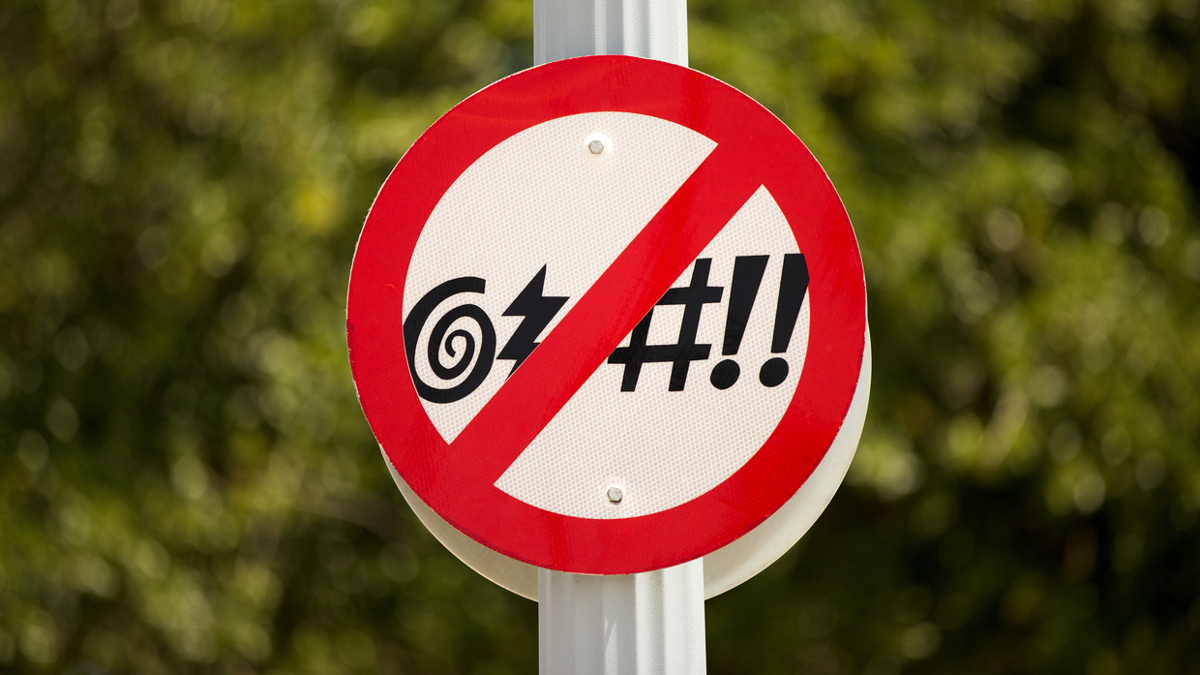Swearing in Public Could Land You a Heavy, Freaking Fine In Australia

- Funny
- Offensive
So will not locking your car and smoking on trains
January 16th, 2019 – Crikey, it’s easy to get in trouble in Australia! Now that we’ve gotten the cheesy part out of the way, let’s walk through some Australian laws that might seem to go a little too far at first glance. From putting your feet up on a train seat and not locking your car to swearing in public, you need to check yourself when you’re down under.
If you’re new to Australia and plan on traveling around the continent, there are fines to be aware of if you don’t want to increase your budget. For instance, smoking at train stations is illegal in most states. In New South Wales, a few puffs could cost you anywhere between $300 – $550. Once on the train, you could have to fork over $100 – $261 for putting your feet up on the train seat.
Other laws surrounding travel may frame the offense as putting blame on the victim. Drivers in Australia can be fined for not locking their cars and not closing their windows. While the goal is to reduce the number of break-ins, you could be robbed of $117 – $360 for simply being forgetful. Specifically, in New South Wales, drivers will be fined for not locking their doors if they are more than nine feet away from their car.
One of the most head-scratching laws, and debated in terms of gray area, are fines that can be incurred for swearing in public. The Summary Offenses Act of 1988 states:
“A a person must not use offensive language in or near, or within hearing from, a public place or a school.”
That may seem like painting with a broad brush, but the details go on to say that there are more parameters around the rules. According to New South Wales law:
For language to be deemed “offensive” it must be “likely to provoke reactions such as anger, disgust, resentment or outrage” and “arouse a significant emotional reaction.”
While fines can range from $660 – $1,250 or three months’ imprisonment, enforcement of the law is less frequent due to the subjectivity of “offensiveness.” There is currently no list of words labeled “illegal.”
And in multiple cases, people have beaten charges of public swearing in Australia. In 2017, activist Danny Lim had a $500 fine dismissed for calling Tony Abbott a “c—” on a sandwich board.

Although a number of cases have been tossed (including one where people chanted “”f–k Fred Nile” at a same sex marriage rally in 2017), 3,732 people were initially fined for swearing in public in 2016.
